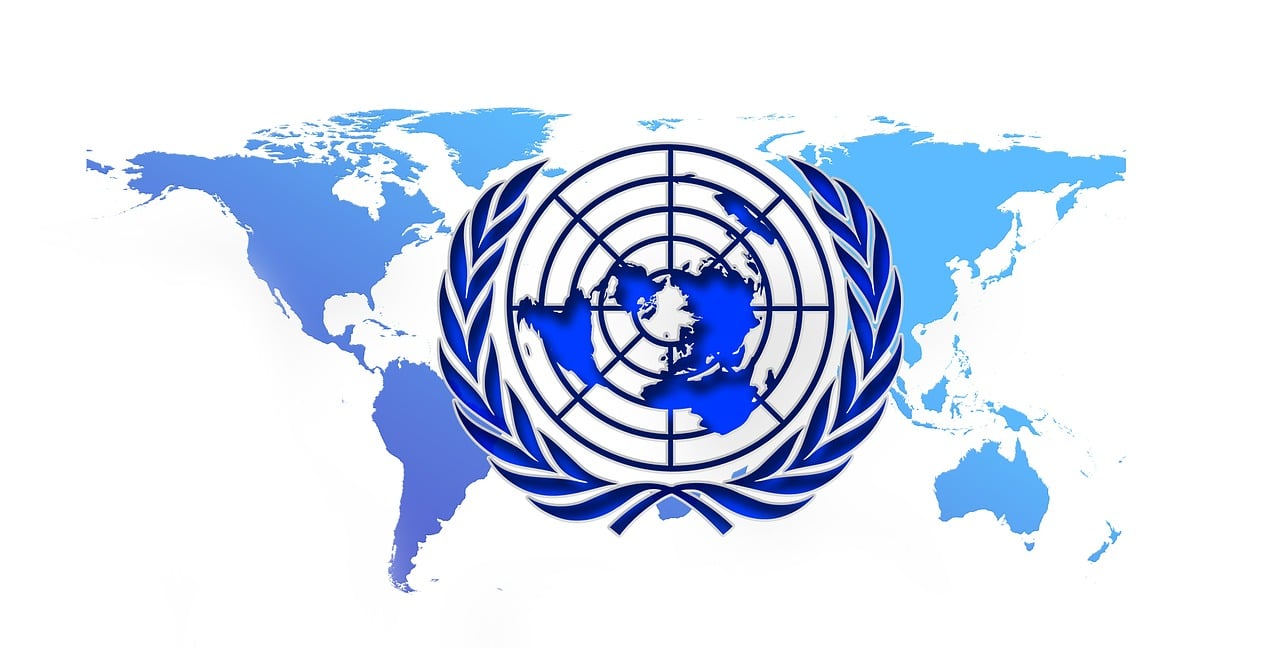1. What is Agenda 2030?
Agenda 2030 refers to the United Nations Sustainable Development Goals (SDGs), adopted by all UN member states in 2015. These goals provide a blueprint for addressing global challenges such as poverty, inequality, climate change, and lack of access to education or healthcare. The 17 SDGs include objectives like:
- Eradicating extreme poverty.
- Promoting quality education for all.
- Ensuring clean water and sanitation.
- Fostering sustainable energy and economic growth.
This is a voluntary, collaborative effort among nations to improve quality of life worldwide.
2. Common Conspiracy Claims and Debunking
Claim 1: Agenda 2030 seeks to establish a "New World Order."
Reality:
There is no evidence that Agenda 2030 is part of a plan for global governance or a "New World Order." The goals focus on improving living standards and sustainability. The UN does not have the authority to impose laws or policies on sovereign nations. Implementation of the SDGs is entirely voluntary and depends on individual countries' commitment and initiatives.
Claim 2: Agenda 2030 will abolish private property.
Reality:
This claim misrepresents the SDGs. The UN does not advocate for the abolition of private property. Instead, Goal 1 (No Poverty) seeks to ensure that people have access to basic resources and economic opportunities. The promotion of equitable resource distribution does not mean confiscation of property or wealth.
Claim 3: Agenda 2030 aims to control the global population.
Reality:
This stems from misinterpreting goals related to health, education, and gender equality. For example:
- Goal 3 (Good Health and Well-being) includes improving maternal health and reducing child mortality.
- Goal 5 (Gender Equality) promotes access to education and healthcare for women, which research shows can reduce poverty and improve community health—not as a means of "population control" but as a path to development and empowerment.
Claim 4: Agenda 2030 is a scheme to take away personal freedoms.
Reality:
The SDGs emphasize improving freedoms, such as the right to education, access to clean water, and economic opportunities. They aim to empower individuals and communities, not restrict them. For example, Goal 16 focuses on promoting peace, justice, and strong institutions.
Claim 5: Agenda 2030 pushes for global socialism.
Reality:
Agenda 2030 advocates for reducing inequality and ensuring basic rights—not socialism. It encourages partnerships among governments, businesses, and civil society to achieve these goals. Many SDGs explicitly promote sustainable economic growth, innovation, and infrastructure—goals that align with market-based economies.
3. Why Do These Conspiracies Persist?
- Mistrust of Global Institutions: Some people mistrust the UN and other global organizations, seeing them as overreaching or unaccountable.
- Fear of Change: Efforts to address global challenges, like climate change, may threaten entrenched interests or ways of life, fueling resistance.
- Disinformation Campaigns: Certain groups spread misinformation to discredit environmental and social justice initiatives for political or ideological reasons.
4. The Real Agenda of Agenda 2030
Agenda 2030 is a collaborative global effort to address issues that affect everyone, such as:
- Mitigating climate change to prevent disasters.
- Eliminating extreme poverty and hunger.
- Building resilient communities through education and healthcare.
These goals are non-binding and rely on the voluntary participation of nations and organizations.
5. Conclusion
The Agenda 2030 conspiracy theory distorts the purpose and principles of the UN's Sustainable Development Goals. Far from being a secretive global takeover, Agenda 2030 represents a shared commitment to creating a better, more equitable world. By critically examining and debunking these claims, we can focus on the real challenges the SDGs aim to address.


